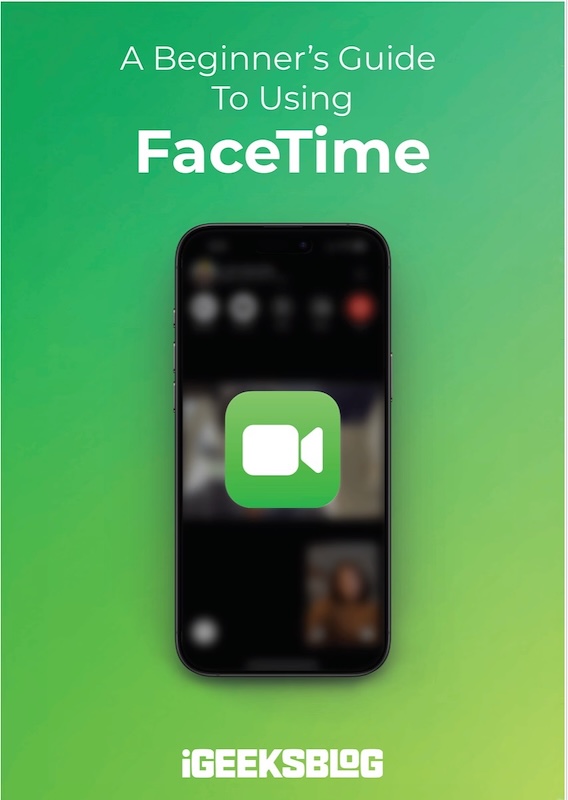
FaceTime Like a Pro
Get our exclusive Ultimate FaceTime Guide 📚 — absolutely FREE when you sign up for our newsletter below.

FaceTime Like a Pro
Get our exclusive Ultimate FaceTime Guide 📚 — absolutely FREE when you sign up for our newsletter below.
Explore the exciting partnership between MLB and Apple, making professional sports filming more achievable with everyday devices.
If you were watching Friday Night Baseball on Apple TV+ this week, you may have seen history without even realizing it. For the first time, Major League Baseball used iPhone 17 Pro devices as official broadcast cameras. What started quietly during Clayton Kershaw’s farewell game in Los Angeles went public at Fenway Park, and the shots went viral almost instantly.

Apple first tested the idea a week earlier at Dodger Stadium. Three iPhone 17 Pros were placed around the field during Kershaw’s final regular-season home start. The footage looked so seamless that ESPN replayed it later without noticing it came from phones. MLB even authenticated those devices, marking them as the first iPhones used in a pro broadcast.
The public debut came on September 26, 2025, during the Tigers–Red Sox matchup at Fenway Park. Four iPhone 17 Pros were positioned inside the Red Sox dugout, within the Green Monster, and roving around the stands to capture atmosphere shots. Viewers saw a small on-screen tag: “Shot on iPhone”, whenever the feed switched to one of the phones.
Each phone ran the Blackmagic Camera app and connected through a ProDock that converted HDMI signals into the broadcast truck’s system. Technicians adjusted color and exposure so the iPhone footage matched $50,000 broadcast rigs. Directors and operators could even tweak zoom, focus, and white balance remotely via iPads. In the production lineup, the iPhones were treated just like any other camera, officially labeled as Cameras 11 and 15 inside the truck.
Veteran MLB director John Moore, who has seven Emmy Awards, admitted he was blown away by the quality. “It was just another camera shot,” added Apple TV executive producer Royce Dickerson. That was the point: viewers couldn’t tell the difference.
For fans, the iPhone angles gave fresh perspectives, tight dugout shots, roaming crowd views, and even a peek out of Fenway’s iconic Green Monster. Players also found the phones less intrusive than the massive lenses usually aimed at them. Online, the experiment quickly went viral, with fans surprised to learn that professional baseball was being filmed on consumer devices.
From Apple’s side, the move fits perfectly. The company spends $85 million annually for MLB rights and has long used Friday Night Baseball to promote its tech, from AirPods Max on sideline reporters to Apple Music tie-ins. Proving that an iPhone can hold its own against industry-grade cameras is a marketing message money can’t buy.
Broadcasters are no strangers to experimenting with new camera tech, drones, umpire cams, and even cinematic rigs have been tested in recent years. But Apple’s iPhone 17 Pro brings something different: broadcast-ready quality at a fraction of the cost. At around $2,000, the device is far cheaper than traditional cameras, yet capable of delivering feeds good enough to trick ESPN.
It also points to a future where mobile devices could be used more widely across live sports. Apple and MLB executives hinted that iPhones will be deployed in more games moving forward, with the Fenway debut just the beginning. In fact, the authenticated iPhones from Kershaw’s farewell may even end up in Cooperstown’s Hall of Fame.
What started as a quiet test has quickly turned into a viral showcase. Apple just proved that the same device fans hold in the stands can capture professional sports history on the broadcast stage.